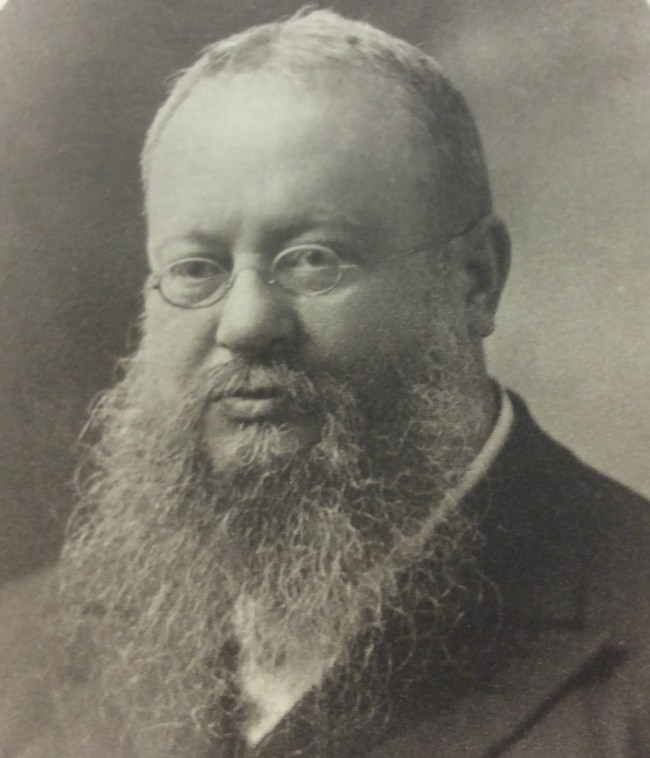It is not true that “moral truths” have received no additions. It is not true, as Mr. Buckle says, that “the sole essentials of morals have been known for thousands of years, and not one jot or tittle has been added to them by all the sermons, homilies, and text-books which moralists have been able to produce.” It is not true, as Sir James Mackintosh says, that “morality admits of no discoveries.” It is not true, as Condorcet says, that “la morale du toutes les nations a été la même.” It is not true, as Kant says, that “in der Moralphilosophie sind wir nicht weiter gekommon als die Alten.” For what is Moral Philosophy but the science which is to determine the laws to which our conduct should conform? And if this is the case, we need only to look into Mr. Buckle’s work itself, to find a system of morality containing truths which only two centuries ago were not even dreamed of. Take, for example, the moral law that governments shall not interfere with trade. This is as much a moral law as that which forbids stealing; but we find Mr. Buckle reckoning it among the merits of Voltaire, that he was one of the first to perceive the justice of a free system of trade. Its justice is even now denied by opponents of reforms. This, then, is a case of “moral truth” which has not been known for thousands of years.
John Fiske, “Mr. Buckle’s Fallacies,” Darwinism and Other Essays (1879; 1902), p. 162.
